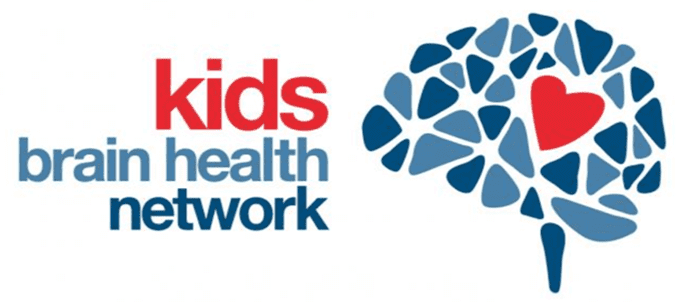British Columbia-based researchers are developing a device that will help kids with decreased sound tolerance to participate fully — and comfortably — in school and other childhood activities.
Many people on the autism spectrum, maybe even the majority, are hypersensitive to certain sounds. When exposed to them, they may feel anything from discomfort to intense distress. This challenge, known within the medical community as decreased sound tolerance (DST), affects kids’ everyday lives and their ability to learn and interact with others.
When children with DST hear noises that they find aversive, they might react with behaviours such as covering their ears, yelling or running out of the room. The existing approaches for managing DST include wearing earplugs or earmuffs, avoiding noisy settings or taking breaks in a quiet area. Because such strategies block or avoid all sounds indiscriminately, they tend to interfere with the child’s full participation in the classroom and other daily activities. In the most severe cases, it isn’t possible to partake at all.
 A Simon Fraser University-based and Kids Brain Health Network supported, research team led by Dr. Siamak Arzanpour and Dr. Elina Birmingham aims to address this barrier with a wearable device that can selectively mask or filter out whatever specific noises the user doesn’t want to hear.
A Simon Fraser University-based and Kids Brain Health Network supported, research team led by Dr. Siamak Arzanpour and Dr. Elina Birmingham aims to address this barrier with a wearable device that can selectively mask or filter out whatever specific noises the user doesn’t want to hear.
The device’s artificial intelligence-based software can detect an aversive noise in the environment in real-time and feed a more tolerable version of the soundscape into soundproof headphones worn by the user. For example, the device could block barking dogs, crying babies, sirens or jackhammers, while leaving important sounds like a teacher’s voice intact.
This technology’s development is one of dozens of innovative projects funded by Kids Brain Health Network (KBHN), a Canada-wide network that aims to ensure optimal care and better outcomes for children with neurodevelopmental disabilities and their families by catalyzing collective action across sectors.
Arzanpour, Birmingham and their team recently tested a prototype of their solution in a virtual-reality environment, with help from 12 autistic participants with DST. The next step will be field-testing it in real-world settings, namely outdoor locations near a dog park and a hospital with ambulances. These studies and others involving autistic people and their families will help the team to refine their prototype and finalize a commercially viable product.
Ultimately, this solution promises to help people with DST to feel better in their daily lives. Noises will pose less of a barrier to going places and participating in activities, which should have ripple effects for their education, employment, social relationships and overall quality of life.
KBHN interim CEO, Geoff Pradella said, “We are proud of our Network’s joint and shared commitment to supporting research, implementation and scaling of groundbreaking new technologies and e-health innovations. Thanks to the Sound Sensitivity team’s work, kids will benefit from programmable earphones that selectively filter out the noises that they struggle with, while allowing them to hear important sounds like the teacher’s voice”.
“Throughout our Network, scores of researchers are developing equally impressive, evidence-based solutions for the most pressing problems impacting our community of children, their families, caregivers, and communities”, Pradella added.
Arzanpour and Birmingham highlighted this project at a virtual Parliamentary Health Research Caucus Event titled “Shaping the Future of Healthcare with New Technologies, Devices and eHealth Innovations” on May 8, 2024. Organized by Research Canada and co-sponsored by KBHN, the virtual event consisted of short presentations and a question period with government officials and staffers to learn about recent developments in Canadian health research and understand their social and economic benefits.
To learn more about the programs, innovations and solutions supported by Kids Brain Health Network, read here.
The Kids Brain Health Network (KBHN) is a Member of Research Canada: An Alliance for Health Discovery and a Sponsor of the Virtual Parliamentary Health Research Caucus Event, Shaping the Future of Health Care with New Technologies, Devices and eHealth Innovations.


